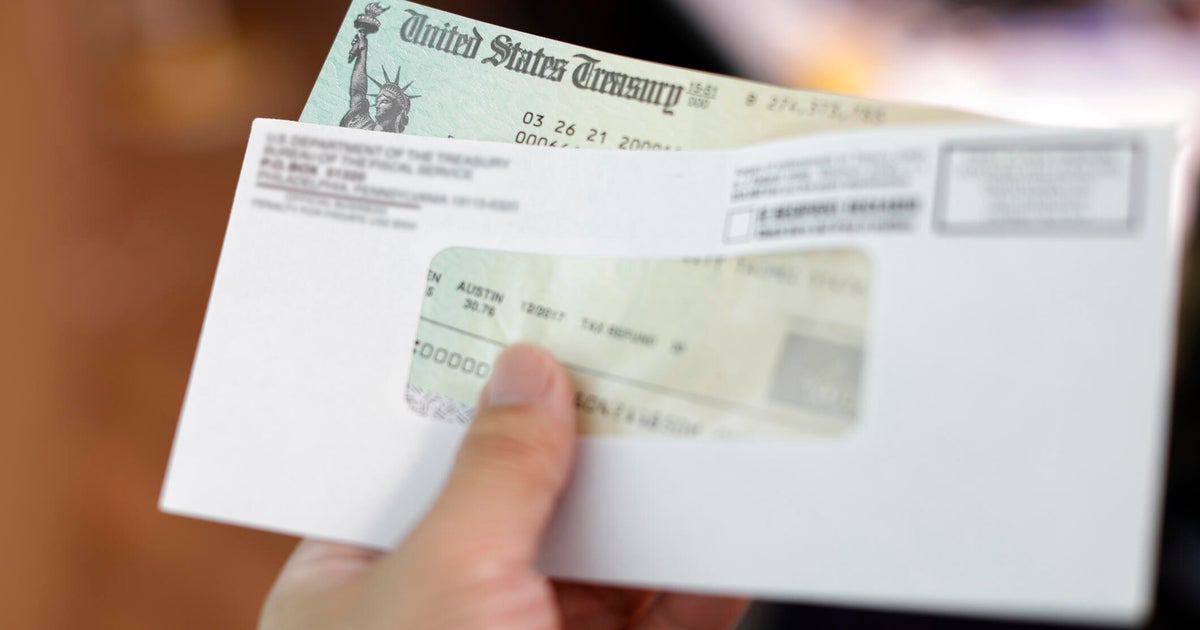Self-employed? Don't miss out on these tax deductions
If you’re self-employed, an independent contractor or the owner of a small business, you can really use some money-saving tax tips right now. After all, the total taxes on your net income as a sole proprietor can be as high as 55 percent. That’s because the top marginal federal tax rate is 39.6 percent and the self-employment, or SE, tax rate is 15.3 percent on every dollar of net profit earned up to $118,500.
On top of that you may have to add state income tax. For example, in New York City that can be 10.5 percent or more.
Fortunately, you can do a lot to cut down your tax liability because so many deductions are available (but be sure you file your tax return correctly by heeding these pointers from the IRS).
Here’s a sampling of tax deductions for self-employed Americans:
Business use of your home
There’s no place like home for a tax deduction -- if you use your residence for business purposes. Using Form 8829, you can either tally up your actual expenses for business use of your home, or you can use the Simplified Option for Home Office Deduction, which was allowed for the first time for 2013 tax returns. This allows people who meet the criteria to claim a deduction of $5 per square foot up to a maximum of 300 square feet, for a total deduction of up to $1,500.
In addition to being much easier to calculate, the benefits of the simplified method include being allowed to claim the full amount of home-related deductions (for taxes and mortgage interest) on Schedule A. And when you sell your home later, there’s no recapture of depreciation for the years this option is used. Claim the expense for the business use of your home on Line 30 of the Schedule C, Profit of Loss from Business.
Business use of your car
If you drive your vehicle for business purposes and you keep a record of the mileage and the purpose of each trip, those miles are eligible for this deduction. For 2016 tax returns, the standard deduction is 54 cents per mile. Claim the deduction on Line 9 of Schedule C.
Legal and professional services
The cost for services you’ve paid to other professionals, such as attorneys, inspectors, bookkeepers, etc. is another deduction the self-employed should claim. Even the cost for tax preparation attributed to your self-employment can be included on Line 17 of the Schedule C.
Rent or lease payments
If you rent or lease space in connection with your business, make sure to claim this on Line 20 of the Schedule C. Any utilities paid separately should be included on line 25.
Other expenses
Additional expenses the self-employed may be entitled to include:
- Advertising
- Cost of inventory
- Travel
- Meals and entertainment (limited to 50 percent of costs)
- Office supplies and related expenses
- Office equipment and furniture
- Commissions and fees paid
- Cost of employee benefits and insurance plans
- Interest on loans used for business
- Taxes, fees and licenses
Don’t worry if any items don’t have a line specifically labeled on Schedule C. List all other business-related costs, such as computer services, subscriptions, etc. on Part IV, Other Expenses on the Schedule C. The total of these other expenses is included on Line 27a.



